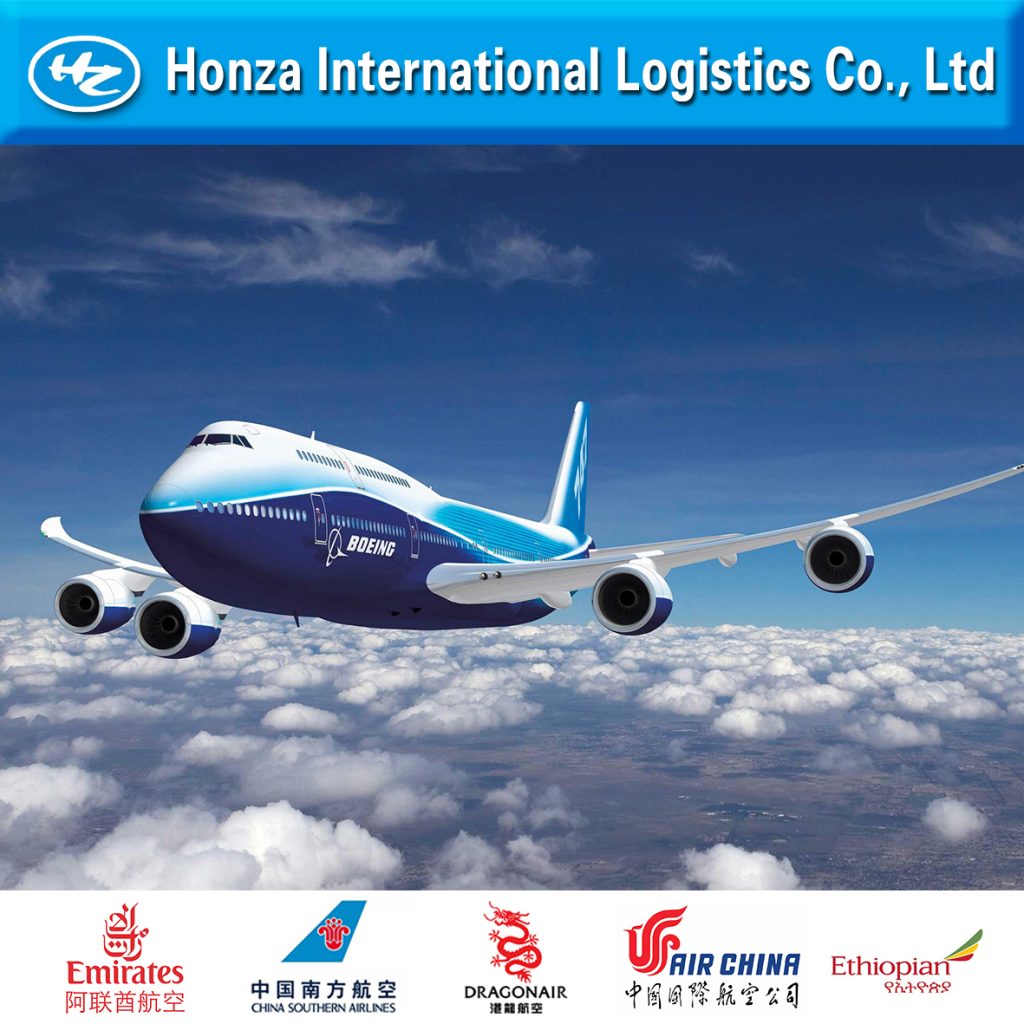For freight forwarders in Australia, shipping batteries internationally involves a series of procedures and considerations to ensure the safe and compliant transportation of these goods. Here¨s a comprehensive guide to the processes and precautions involved in international battery shipping.Besides, we can’t ignore. sea freight It has injected new vitality into the development of the industry and has far-reaching significance for activating the market. https://www.honzalogistics.com/
Processes:
Initial Consultation
Commence by discussing the specific requirements of the shipment with the client, including the type of batteries, quantity, and destination. This initial consultation helps establish a clear understanding of the client¨s needs and the associated regulations.
Document Preparation
Prepare all necessary documents for export, including contracts, invoices, packing lists, and certificates of origin. Additionally, for batteries, special safety documents such as MSDS (Material Safety Data Sheet) and UN38.3 test reports may be required.
Battery Classification and Declaration
As batteries are considered dangerous goods, they must be properly classified and declared to customs. Provide the required safety documents to ensure compliance with international regulations.
Packaging and Labeling
Ensure batteries are packaged safely and securely. Use hard cardboard boxes with shock-absorbent and insulating materials. Each battery should be individually packaged to prevent short circuits. Label packages according to international standards.
Booking and Shipping
Arrange for shipping with a reliable carrier, providing details such as battery type, quantity, and destination. Consider the best mode of transport based on factors like cost, speed, and battery type.
Customs Clearance
Once the shipment arrives in Australia, assist the client with customs clearance procedures. Ensure all necessary documents are to avoid delays.
Precautions:
Knowledge of Australian Battery Regulations
Familiarize yourself with Australia¨s battery regulations and standards to ensure compliance. This includes understanding the limits on battery power and other specific requirements.
Proper Packaging
Emphasize the importance of proper packaging to clients. Faulty packaging can lead to accidents or battery damage during transit.
Power Limitations
Be aware that Australia restricts the shipping of certain battery types and power levels. Typically, batteries with a power rating of 100WH or less are acceptable for shipping. Ensure clients adhere to these limits.
Customs and Duty Considerations
Inform clients of potential customs and duty charges that may apply to their shipments. Advise them to declare the true value of their goods to avoid penalties.
Communication
Maintain open communication with clients throughout the shipping process. Keep them updated on the status of their shipment and address any concerns promptly.
In conclusion, international battery shipping in Australia requires a thorough understanding of the regulations, proper packaging, and careful documentation. By adhering to these guidelines, freight forwarders can ensure the safe and compliant transportation of batteries across international borders.